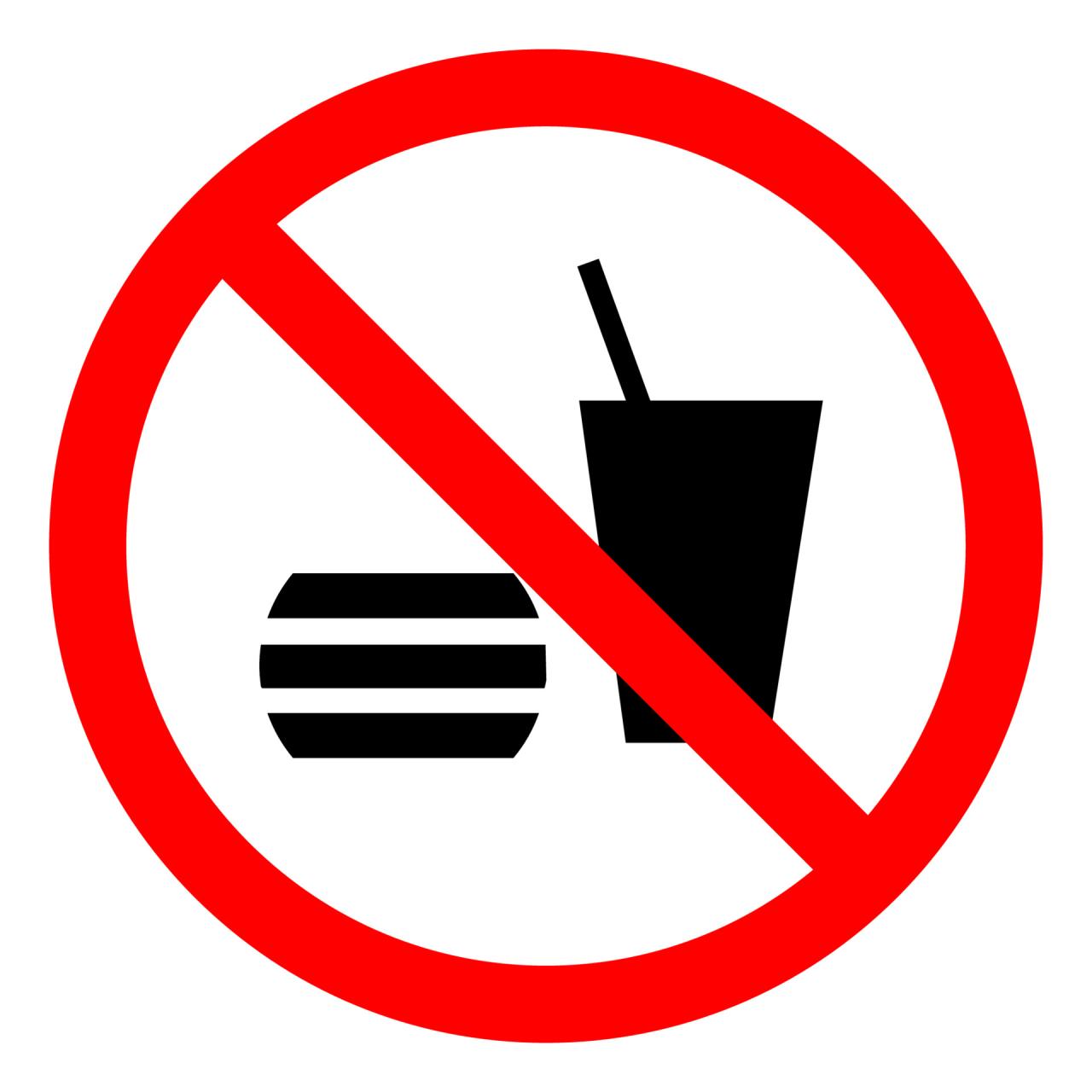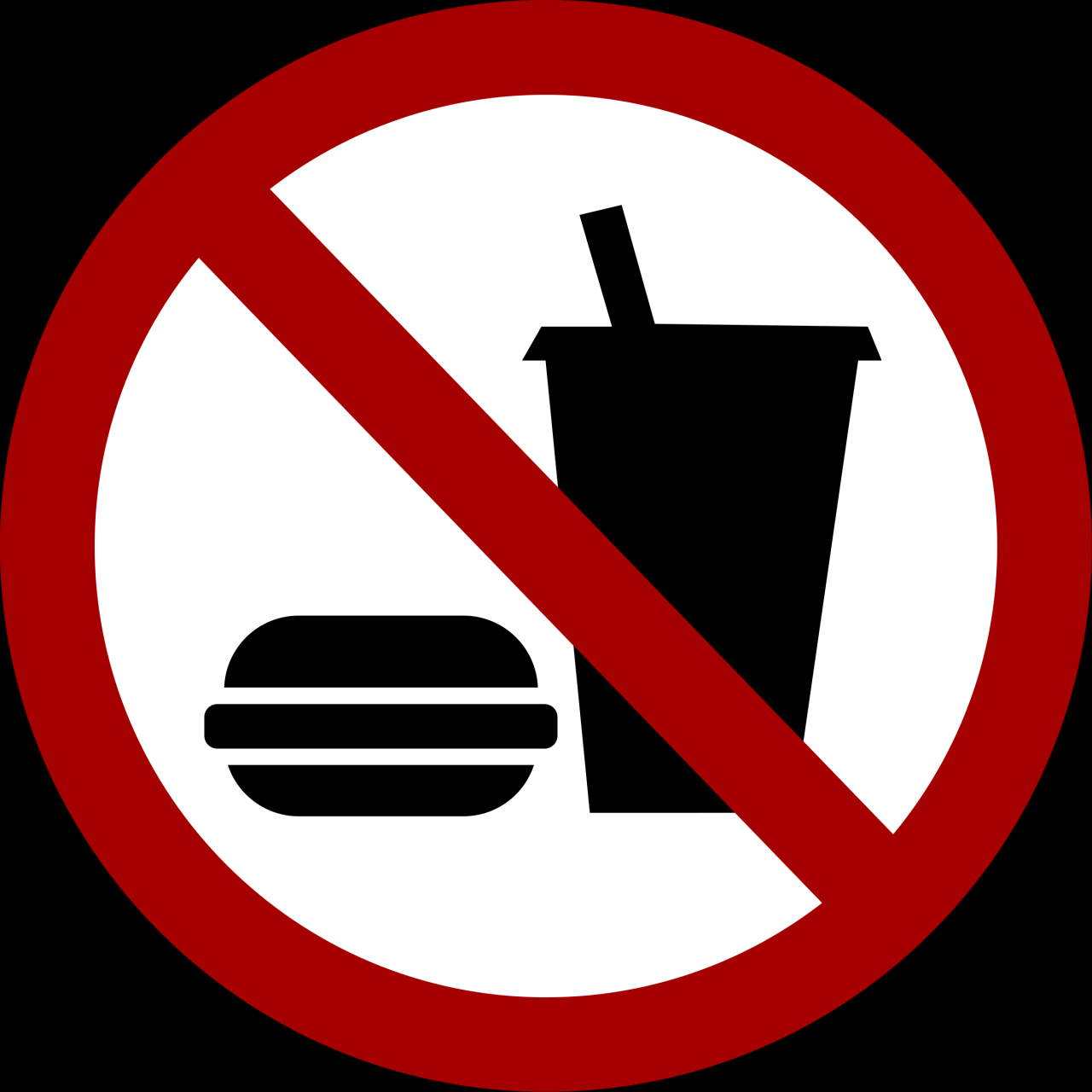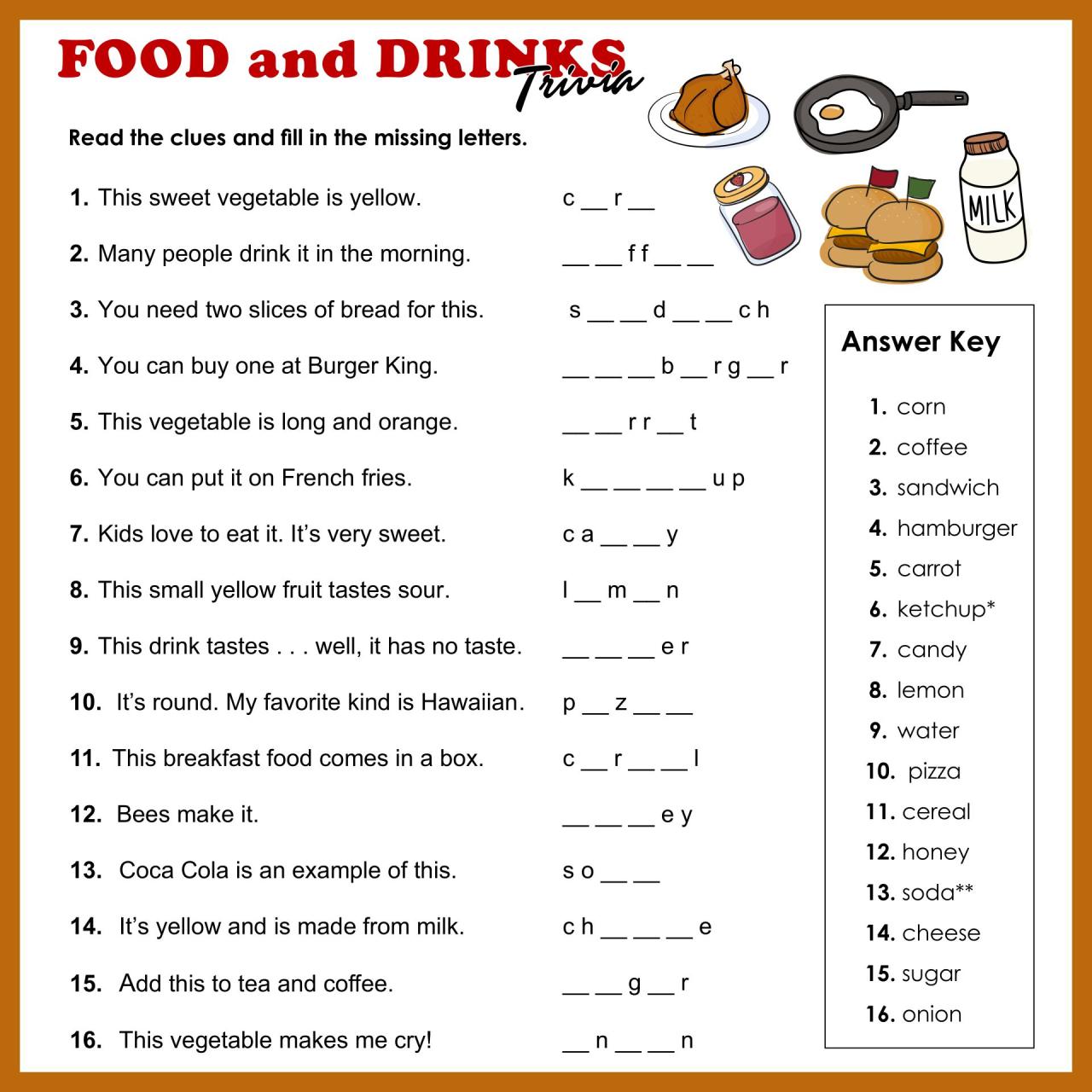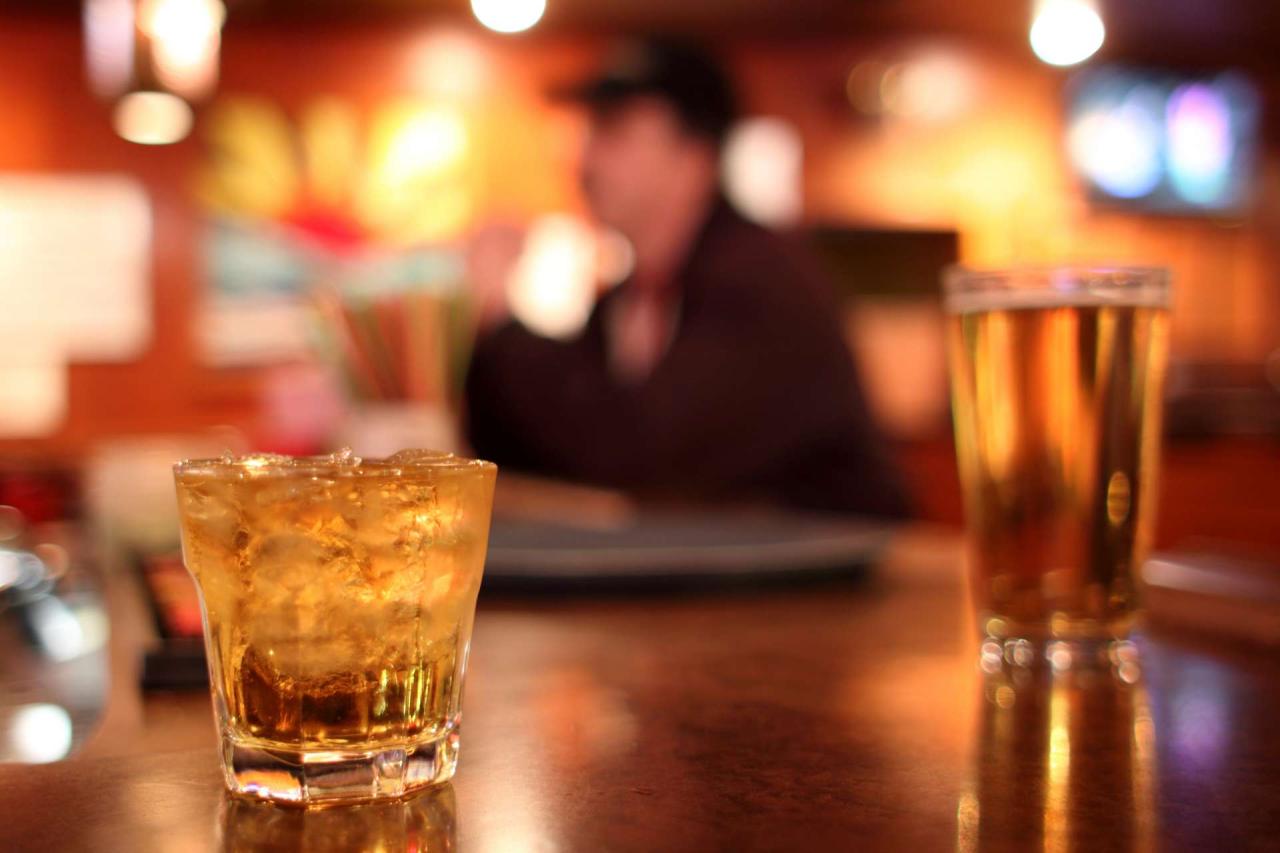No food and drink policies are gaining traction in various settings, offering a myriad of benefits that range from safeguarding health and safety to enhancing productivity and maintaining cleanliness.
These policies stem from the understanding that consuming food and beverages in certain environments can pose potential risks and create challenges that can be effectively addressed by restricting their presence.
No Food and Drink: Impact on Health and Safety
Consuming food and drinks in certain areas can pose potential health risks. For instance, eating or drinking while driving can impair coordination and reaction time, increasing the risk of accidents. Additionally, consuming food or drinks in healthcare facilities can contaminate sterile environments, leading to infections.Restricting
food and drinks enhances safety measures. In hospitals, prohibiting food and drinks in patient areas reduces the risk of spills, slips, and falls. In laboratories, it prevents contamination of sensitive equipment and materials.
No Food and Drink: Maintenance and Cleanliness
The absence of food and drinks contributes to a clean and hygienic environment. Food and drinks can cause spills, stains, and other forms of contamination. In public spaces like libraries or museums, food and drinks can damage valuable artifacts or materials.Cleaning
One of the most popular culinary destinations in San Diego is The Block, a vibrant food and drink complex that houses a diverse collection of eateries. From mouthwatering street tacos to upscale Italian fare, the block food and drink photos showcase the city’s culinary diversity.
Whether you’re craving a quick bite or a leisurely dining experience, The Block has something to satisfy every palate.
up after food and drink consumption can be costly and time-consuming. In offices, food and drink residue can attract pests and create unpleasant odors. In public transportation, spills and stains require frequent cleaning, diverting resources from other essential maintenance tasks.
No Food and Drink: Etiquette and Respect

Consuming food and drinks in certain settings can be considered disrespectful or disruptive. In formal gatherings like business meetings or religious ceremonies, eating or drinking can be distracting and disrespectful.It is important to respect the preferences and boundaries of others regarding food and drinks.
Some individuals may have allergies or dietary restrictions, and consuming food or drinks in their presence can cause discomfort or harm.
No Food and Drink: Focus and Productivity
The absence of food and drinks can enhance focus and concentration in specific environments. In classrooms, eating or drinking can distract students from learning. In libraries, food and drinks can create noise and disturbances that disrupt reading and studying.Research has shown that restricting food and drinks in workspaces improves productivity.
By eliminating distractions, employees can maintain their focus and complete tasks more efficiently.
No Food and Drink: Legal and Regulatory Considerations

Legal regulations and industry standards often prohibit food and drinks in certain areas. In hospitals, food and drinks are restricted to designated areas to maintain sterility. In hazardous work environments, food and drinks are prohibited to prevent accidents.Violating food and drink restrictions can result in fines or penalties.
Businesses that fail to comply with health and safety regulations may face legal consequences. Individuals who consume food or drinks in prohibited areas may be subject to fines or ejection.
No Food and Drink: Design and Accessibility
The absence of food and drinks can influence the design and accessibility of spaces. In medical facilities, food and drink restrictions require the provision of designated eating areas to accommodate patients and visitors.In public spaces, food and drink restrictions may impact the design of seating arrangements and the placement of trash cans.
It is important to consider accessibility needs when implementing food and drink restrictions, ensuring that individuals with disabilities have access to necessary amenities.
The culinary scene in San Diego is a vibrant tapestry of flavors and experiences. For those seeking an all-inclusive culinary adventure, all inclusive food and drink resorts offer an unparalleled opportunity to indulge in culinary delights without breaking the bank.
These resorts feature a wide array of restaurants, bars, and lounges, each offering a unique culinary perspective.
Wrap-Up
In conclusion, no food and drink policies serve a vital role in promoting health, safety, cleanliness, and productivity in specific environments. By implementing these policies, organizations and individuals can create spaces that are conducive to well-being, efficiency, and respect for shared spaces.



